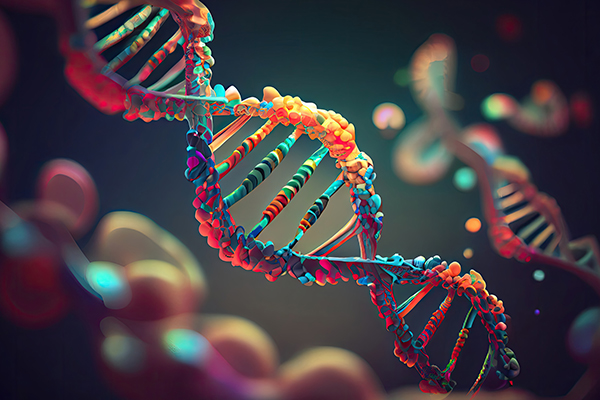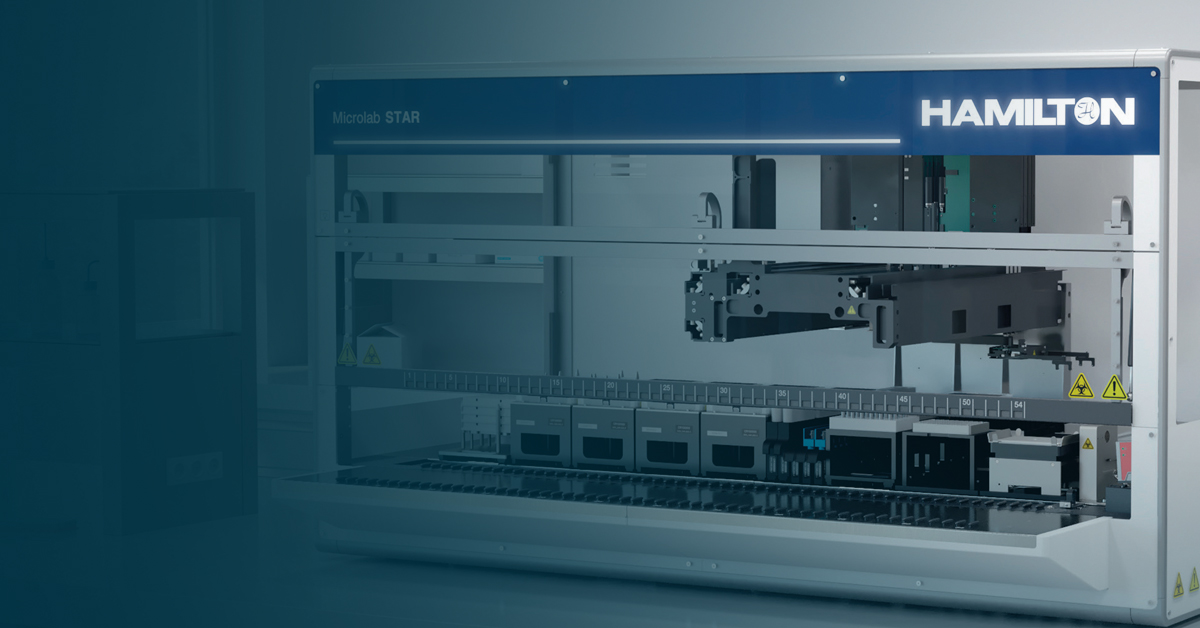
Written By: Derek Ansel, MS, CCRA, Executive Director, Therapeutic Strategy Lead, Rare Disease
Given that 80% of rare diseases have a genetic etiology, genetic implications should be addressed at the onset of a clinical program to support trial enrollment. Many of the rare disease studies we support at Worldwide have a genetic etiology, and we discuss genetics and genetic testing with these sponsors. Much of what we discuss I covered in my presentation, “Leveraging Genetics to Support Rare Disease Clinical Trials,” at last year’s World Orphan Drug Congress (WODC) EU. Most importantly, I covered:
The Importance of Genetics in The Clinical Setting
If a patient is diagnosed with a rare genetic disease without a genetic test, genetic testing should still be encouraged in the clinical setting because identifying a pathogenic variant may lead to potential enrollment in a clinical trial. One diagnostic example that I discussed in my presentation is autism. When a child is diagnosed with autism, parents may be referred to a pediatric genetics clinic for genetic testing, primarily with the purpose of ruling out syndrome vs. non-syndrome forms of autism. Clinicians are concerned with syndromic autism as other body parts may be affected in these cases, such as the eyes, ears, and heart.
Many parents are hesitant to pursue testing since it will not affect the patient’s care management, as several of these diseases have no approved treatments, such as Fragile X, a syndromic form of autism. However, clinical research around Fragile X is considerably robust, making the possibility of clinical trial participation a potential motivation for parents to choose to undergo genetic testing for their children. The clinical research industry has an opportunity to better partner with genetics providers, clinicians, and genetic counselors to drive stronger enrollment pathways.
Why Partnering with Genetic Counselors May Benefit Your Clinical Program
The American College of Medical Genetics (ACMG) has issued a statement that geneticists should be involved in the development of genetic therapies. As a board-eligible genetic counselor, I believe that genetic counselors should also be involved since they are integral to the patient’s diagnostic odyssey. My counseling capstone project, currently under review in the Journal of Genetic Counseling, presents my research exploring the relationship between genetic counselors and clinical research.
In my capstone, I focused on how, if, and when genetic counselors discuss clinical trials with their patients in the context of a counseling session. Throughout my research, I discovered that genetic counselors are more likely to discuss clinical trials with rare disease patients. However, they lack awareness of specific clinical trials that may be relevant to their patients, and they don’t always feel they have the knowledge to explain certain aspects of clinical trials confidently to patients and their family members. Some topics genetic counselors aren’t knowledgeable about include:
- Drug development pathways
- Patient referral pathways
- Time commitment
- Regulatory processes
- Clinical trial management
- Roles and responsibilities within a clinical trial
Increasing genetic counselor education around these topics is critical, as clinical trials are often a viable— sometimes the only viable — care option for a patient. Further, the need for their education will drastically increase if Newborn Sequencing continues to grow.
Newborn Sequencing is a research initiative that allows for a baby’s full genome to be sequenced at birth, diagnosing their genetic diseases. While this movement is still considered a research project and is not yet a public health initiative, if sequencing becomes standard, many more patients will be diagnosed with genetic diseases earlier in life. Genetic counselors are critical in this pathway, especially as more is learned about the human genome and relevant incidental findings. Additionally, earlier diagnosis presents a strong enrollment pathway for potential candidates, and their genetic counselors may play a valuable part in referrals. It’s essential to partner with genetic counselors to capitalize on that critical moment of diagnosis to discuss clinical trial options.
It’s also paramount that we advance meaningful treatments for these genetic diseases, especially since newborn sequencing will help us find patients faster and earlier. There are many treatments in the pipeline for genetic diseases, including several cell and gene therapies that present significant treatment potential. As of July 2023, the American Society of Cell + Gene Therapy stated there were 3,905 therapies in development. Enrolling adequate populations will be required to advance these programs.
Fortunately, today, various genetic testing laboratories have significant amounts of genetic and genomic data that can support life cycle management, clinical development plans, and country/site selection. These datasets can help find providers and patients based on genetic information. It’s clear that genetic testing plays an essential role in rare disease drug development, and our industry must partner with and educate genetic counselors to enroll future trials.
I’m grateful to have had the opportunity to present my recent findings at WODC during this exciting time at the forefront of innovative breakthroughs in rare disease therapies, and I look forward to bringing new treatments to rare disease patients. If you’re interested in discussing your rare disease program, check out our rare disease services at Worldwide.
Worldwide is a member of The International Consortium on Newborn Screening, ICoNS, an alliance of genomic scientists and stakeholders with a shared vision of responsibly implementing newborn sequencing to predict treatable diseases before symptoms begin. Through influencing public policy, we are driving the identification of treatable patients for clinical trials.



